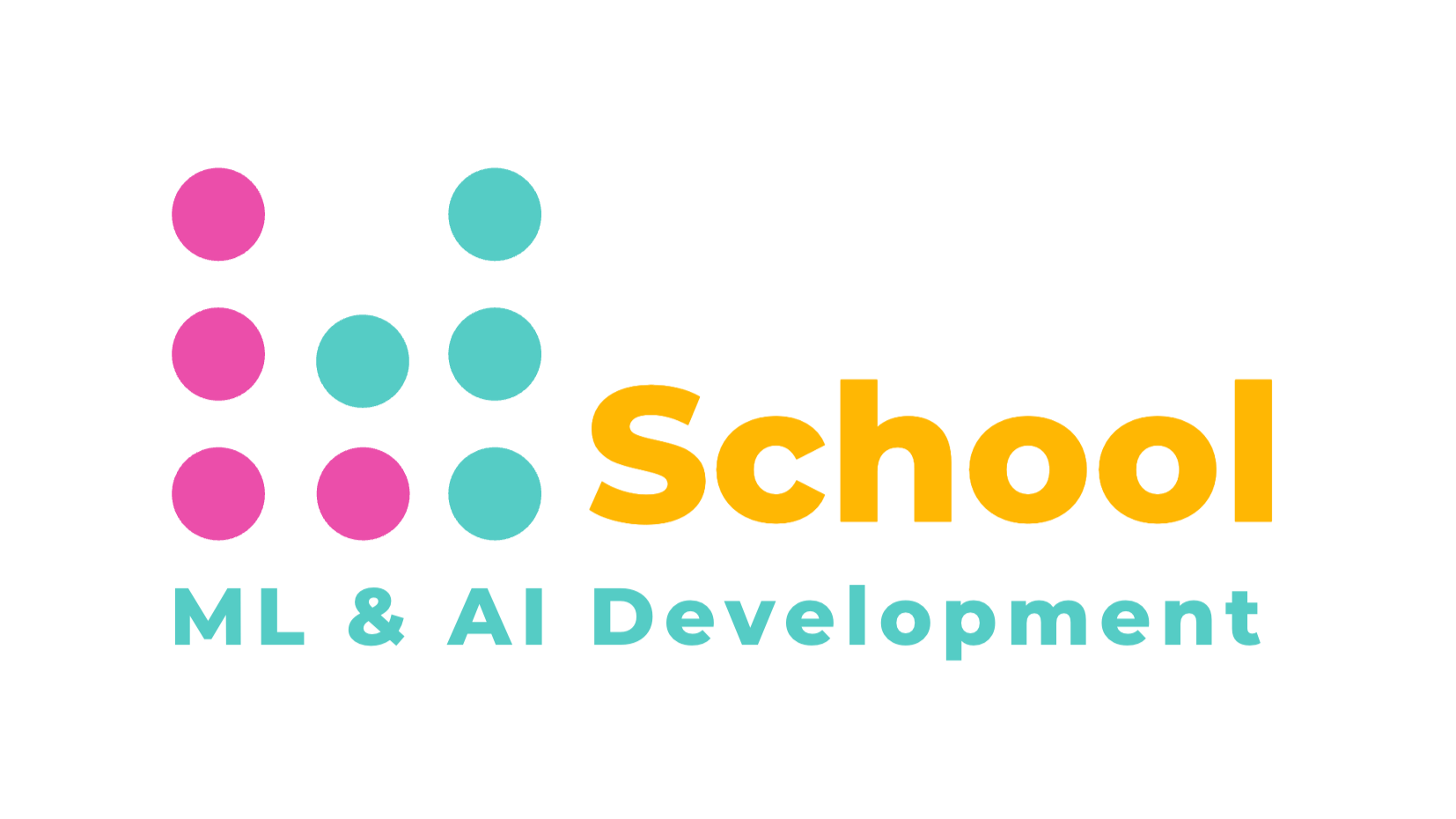DVC, MLflow, Airflow
Machine Learning Engineering and MLOps for Batch Scoring
Learn how to design and build end-to-end solutions for banking, telecom and retail industries with DVC, MLflow and Airflow
Write your awesome label here.
What's included?
-
end-to-end hands-on project
-
code review
-
office hours
-
1-1 mentorship*
-
intensive program*
Hands-On Project
From a prototype in Jupyter Notebook to fully automated pipelines and MLOps workflow.
Integrate DVC, MLflow, Airflow and other open source tools.
Step by step.
Integrate DVC, MLflow, Airflow and other open source tools.
Step by step.
Mentorship
Do you want apply new knowledge right away?
Bring your project and work on it in parallel to the course program!
We are happy to provide you with 1-1 mentorship and guidance!
Bring your project and work on it in parallel to the course program!
We are happy to provide you with 1-1 mentorship and guidance!
Should you enroll?
Engineers and Developers
The course will be interesting if you are approaching to integrate DVC, MLflow, Airflow, but do not have enough experience with them. Or you need to quickly figure out how to integrated and make them work together.
Data Scientists
Improve engineering skills for automating ML experiments, documentation and reports generation. Step forward to developing of production solutions and speed up ML experiments
Team Leads
Promote high standards in ML development and fast time to marketImplement good engineering practices and automate silos to improve your team collaboration and make it easy to deploy and operationalize ML models on scale.
Goal: to build mature and scalable MLOps
Organize team work
Enforce team collaboration with Git and good engineering practices for ML projects
Automate ML pipelines
Automate pipelines for data preparation, experiments and model evaluation with DVC
Manage experiments and models
Ensure reproducibility, versioning, discoverability of models
Setup CI/CD
Build pipelines for automated training, testing and deployment with GitLab
Deploy to Production
Develop a production solutions and run scoring batch jobs by schedule
Monitor models and data
Streamline monitoring of deployed models, tracking their performance and identifying potential issues
Program
Module 1: MLOps for batch-scoring projects (Banking, Telecom, Retail)
Module 2: Organise ML projects, code and dev environments
- Organize your code & team collaboration
- Reuse project templates
- Manage development environments
- Learn good practices for Git collaboration
Module 3: Data and artefacts versioning with DVC
- Design data management requirements for your project
- Review data versioning tools
- Setup data versioning with DVC
- Setup data versioning with DVC
- Build Data Registry for training and validation datasets
Module 4: Automate ML experiments and training pipelines with DVC
- Design automation and reproducibility requirements
- Review training pipelines automation tools
- Automate ML experiment pipelines with DVC
- Manage models and artifacts versioning
Module 5: Experiments Management and Metrics Tracking with DVC and MLFlow
- Define requirements for Experiments Management and Metrics Tracking
- Review experiments management and metrics tracking tools
- Setup experiments versioning with DVC
- Setup metrics tracking with MLFlow
Module 6: Setup CI/CD with GitLab
- Define CI/CD tasks and requirements in ML projects
- Design CI/CD pipeline
- Setup and trigger CI/CD pipeline: build, test, deploy
Module 7: Continuous Training with Gitlab, CML and Airflow
- Define Continuous Training workflow and requirements
- Review tools: Gitlab, CML, Airflow
- Automate Continuous Training pipeline
Module 8: Model Registry & Model Life Cycle Management
- Define a Model Life Cycle: workflow and requirements
- Design Model Life Cycle with Data Registry
- Setup Model Registry with MLFlow
- Setup Model Registry with DVC and GTO
Module 9: Model and ML pipelines Deployment with Airflow and DVC
- Define Model and ML pipelines deployment workflow and requirements
- Design deployment pipelines
- Deploy Airflow pipelines
- Deploy model with GitLab, DVC and Airflow
- Deploy model with Flask API and Docker
- Deploy model with Flask API and Docker
Module 10: Prediction Serving (batch scoring)
- Define Prediction Serving workflow and requirements
- Design Prediction Serving pipelines
- Prediction serving with Airflow
- Prediction serving with Flask API
- Prediction serving with Flask API
Module 11: Monitoring ML systems, model performance and data drifts
- Define Monitoring workflow and requirements
- Setup Model and data monitoring with Airflow
- Setup system monitoring withs Prometheus
- Design Grafana dashboards for ML projects
Course Program
Meet the instructor
Mikhail Rozhkov
Co-founder of the Machine Learning REPA project. Has over 7+ years hands-on experience in Machine Learning & Data Science, leads projects and helps teams to implement good tools and engineering practices.
Helped 200+ engineers from 50+ companies to design MLOps processes and integrate open source tools. Collaborated with ML teams in US, Europe and Asia, including Fortune 500 companies
Patrick Jones - Course author
Packages
Professional
self-paced, pay online
Contact us!
Mentoring
guidance for your project
Contact us!
Corporate
efficient teamwork and processes
Contact us!
Do you need a group workshop?
If you are interesting in group workshops on the course materials for your company, please contact us!

